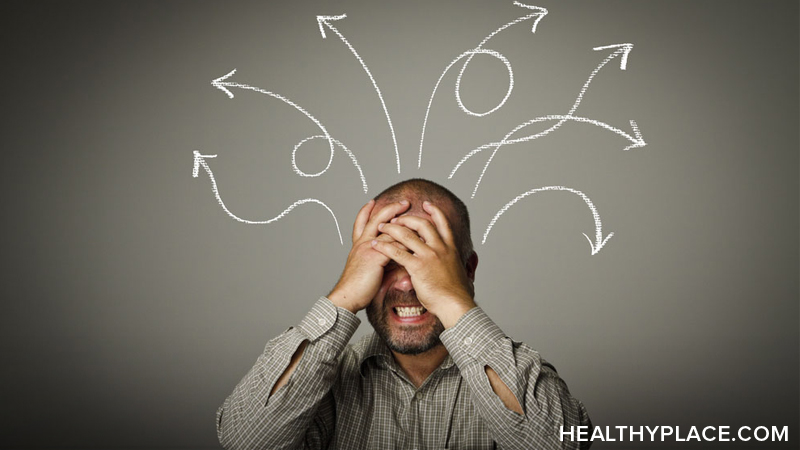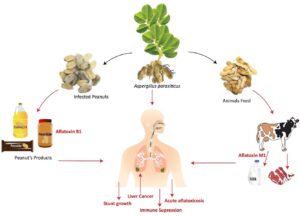Panic attacks can be a harrowing experience for those who have never encountered them. Often described as feeling like a heart attack or impending doom, the intensity of a panic attack is difficult to put into words. In this article, we’ll delve into what panic attacks are, their possible causes, and how individuals can effectively cope with them.
What is a Panic Attack?
A panic attack is a sudden surge of intense fear or discomfort that typically peaks within minutes but can last longer in some cases. They may occur without any apparent triggers or be associated with specific situations. Psychological symptoms during a panic attack may include a feeling of detachment from reality or a fear of losing control.
Possible Causes
While the exact cause of panic attacks remains not fully understood, several factors can contribute to their occurrence:
- Environmental Factors: High-stress levels, traumatic life events, or ongoing stressful situations can trigger panic attacks, particularly in susceptible individuals. Substance abuse and withdrawal from certain medications or substances can also provoke panic attacks.
- Cognitive Factors: Thought patterns, such as catastrophic thinking or overestimating potential threats, can contribute to panic attacks. Those with anxiety disorders are more likely to experience them due to heightened anticipatory anxiety.
- Biological Factors: Some individuals may have a genetic predisposition to anxiety disorders, making them more susceptible to panic attacks. Imbalances in brain chemicals, like serotonin and norepinephrine, can also play a role.
Recognizing a Panic Attack
Panic attacks manifest through a combination of physical and psychological symptoms. Some common signs include:
Physical Symptoms:
- Rapid heartbeat or palpitations
- Shortness of breath or hyperventilation
- Chest pain or discomfort
- Sweating or chills
- Trembling or shaking
- Nausea or stomach discomfort
- Feeling lightheaded or faint
- Hot flashes or cold sensations
Psychological Symptoms:
- Fear of losing control or going crazy
- Sense of impending doom or death
- Detachment from reality
- Feeling disconnected from oneself or surroundings
- Fear of having a heart attack or dying
Coping Strategies
While the experience of a panic attack can be overwhelming, there are ways to manage and reduce its impact. Here are some coping strategies:
- Deep Breathing and Relaxation Techniques: Deep breathing exercises, progressive muscle relaxation, and mindfulness meditation can promote relaxation and alleviate symptoms during a panic attack.
- Cognitive Behavioral Therapy (CBT): CBT helps individuals identify and challenge negative thought patterns and develop healthier coping strategies. It is an effective approach to managing panic attacks.
- Lifestyle Changes: Regular exercise, sufficient sleep, a nutritious diet, and avoiding excessive caffeine or alcohol can contribute to overall well-being and reduce anxiety levels. Maintaining a healthy lifestyle is crucial in managing panic attacks.
- Medication: In severe cases, doctors may prescribe anti-anxiety medications or antidepressants to manage panic attacks. However, it’s important to note that these should strictly be used under medical supervision.
In conclusion, panic attacks can be a distressing experience, but with a better understanding of their causes and symptoms, individuals can effectively cope with them. If you or someone you know is struggling with panic attacks, it’s essential to seek professional help and support to manage and overcome this challenging condition.














